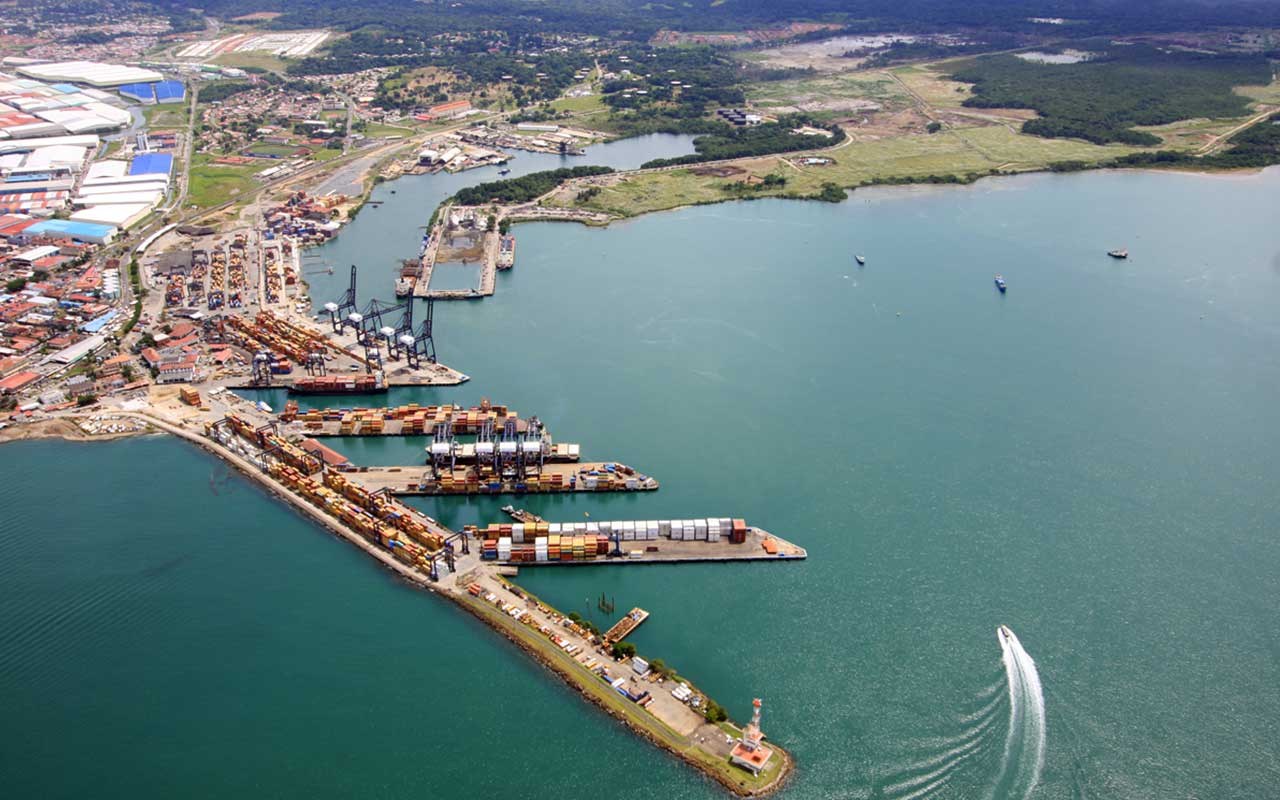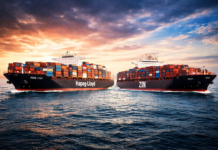
Beijing’s move to block the sale of CK Hutchison’s overseas port division to BlackRock and Mediterranean Shipping Co (MSC) reflects its strategic interest in maintaining control over key maritime infrastructure.
CK Hutchison’s subsidiary, Hutchison Ports, a major global player, operates 43 ports with 199 berths across 23 countries, and the potential sale deal could shift influence over critical geopolitical assets.
Hutchison Ports’ network includes key strategic locations in Felixstowe (UK), Rotterdam (Netherlands), Balboa and Cristóbal (Panama Canal), and in the Middle East.
These assets provide influence over North European trade, the Panama Canal’s Atlantic-Pacific link, and Gulf shipping lanes. Losing control to non-Chinese entities (such as MSC and BlackRock) could dilute Beijing’s grip on these chokepoints, especially the Panama Canal ports, which have been a point of US-China tension.
However, Chinese state-owned enterprises (SOEs), like COSCO and China Merchants, already control a robust portfolio of geopolitically vital ports.
Ports and terminals in Piraeus, Chancay, Djibouti, Hambantota, and Gwadar, among others, secure China’s access to Europe, Latin America, Africa, and Asia’s energy corridors. These ports often have explicit dual-use potential, unlike Hutchison’s primarily commercial focus.
While Hutchison’s Panama Canal stakes are significant, COSCO’s Chancay and China Merchants’ Paranaguá offer alternative Western Hemisphere leverage, albeit on different coasts.
Beijing’s opposition to the CK Hutchison sale agreement likely stems from:
- Panama Canal Exposure: Losing Balboa and Cristóbal reduces China’s ability to monitor or influence this critical link, though COSCO’s Chancay provides a Pacific counterweight.
- European Influence: Hutchison’s Felixstowe and Rotterdam are major hubs; their loss could weaken China’s European footprint, but Piraeus and Hamburg (COSCO’s 35% stake in Tollerort) remain strong assets in the region.
- Global Diversification: Hutchison’s 43-port network diversifies China’s holdings beyond SOEs. Its sale to Western companies risks shifting control to US-aligned interests, reducing Beijing’s overall maritime leverage.
While Hutchison’s ports are valuable, COSCO and China Merchants already control strategic assets at key chokepoints. These facilities could offset the loss of Hutchison’s operations, though gaps remain—particularly in the Panama Canal and European ports—areas Beijing may seek to address through alternative means.
However, given the strategic importance of China’s maritime Belt and Road Initiative (BRI), losing a significant number of ports worldwide due to this deal could disrupt Beijing’s efforts to secure critical logistics hubs amid ongoing geopolitical tensions.





